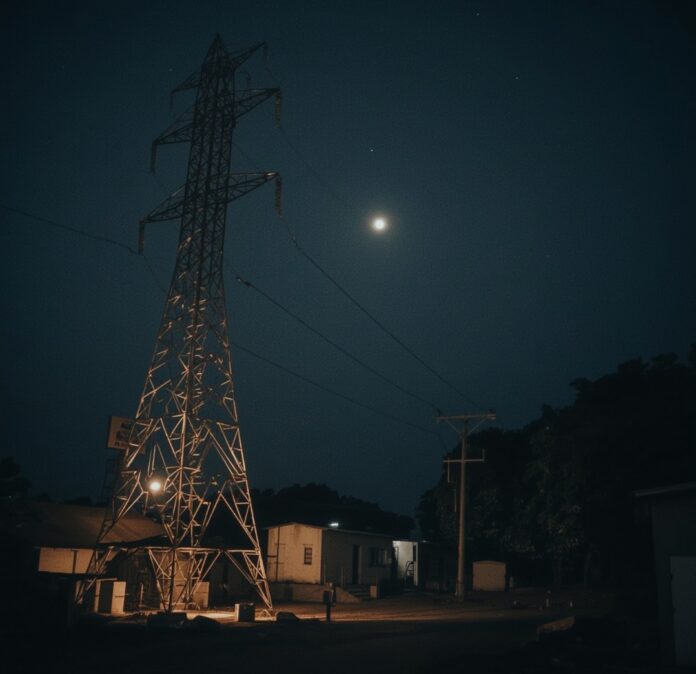Ndokwa supplies the gas. Nigeria enjoys the light. But in Kwale, Okpai, and other Ndokwa communities, darkness has become a way of life. Now, as frustrated youths plan to take to the streets in a peaceful protest dubbed Light Up Ndokwa, two political titans—Sir Monday Onyeme and Rt. Hon. Friday Osanebi—are in public disagreement over whether the people even have the right to demand what is rightfully theirs.
Gas, Power, and Gross Neglect
While the Okpai Independent Power Plant pumps electricity into the national grid, the very communities it sits in still rely on expensive generators. The gas fueling Nigeria’s cities is extracted from Ndokwa soil, yet there’s no step-down infrastructure to light the homes of those who host this national treasure. It’s a contradiction that has lasted decades—and the people are tired.
The Protest That Rattled Power
When the Light Up Ndokwa protest was announced, it wasn’t just a rally—it was a cry for justice. But the Deputy Governor of Delta State, Sir Monday Onyeme, saw it differently. On national television, he questioned the origin of the organizers, suggesting they might be outsiders—possibly from Isoko or Urhobo. His remarks sent shockwaves: was he questioning Ndokwa youths’ capacity to mobilize? Or was he echoing political interests?
Onyeme’s Position: Loyalty or Disconnect?
Critics say Onyeme’s stance reflects a dangerous trend among politicians who prioritize loyalty to power over truth to their people. By implying the protest was “unnecessary” because the government is “working round the clock,” he may have underestimated just how deep the anger runs in his own backyard.
Osanebi’s Stand: The People Must Speak
In sharp contrast, Rt. Hon. Friday Osanebi gave his full backing to the protest, calling it a “necessary and timely call for justice.” He called out the hypocrisy of a state and federal system that takes from Ndokwa but refuses to give back. Osanebi’s position resonates with many: it’s not about politics—it’s about dignity, equity, and visibility.
A Bigger Picture: Electricity for Sale?
Why is it so difficult for the federal government to step down power in Ndokwa? Who benefits from the delay? Why did previous administrations fight against the step-down? Could it be that electricity, like oil, is treated as a political bargaining chip, with some communities sacrificed for others?
These questions lie at the heart of what this protest represents—not just a demand for power, but a confrontation with systemic exploitation.
Call to Public Discourse:
Ndokwa must ask: Are we stakeholders or sacrificial lambs in the Nigerian federation? The protest may last a day, but the questions it raises must last far longer. This is no longer about transformers or cables. It’s about justice.



